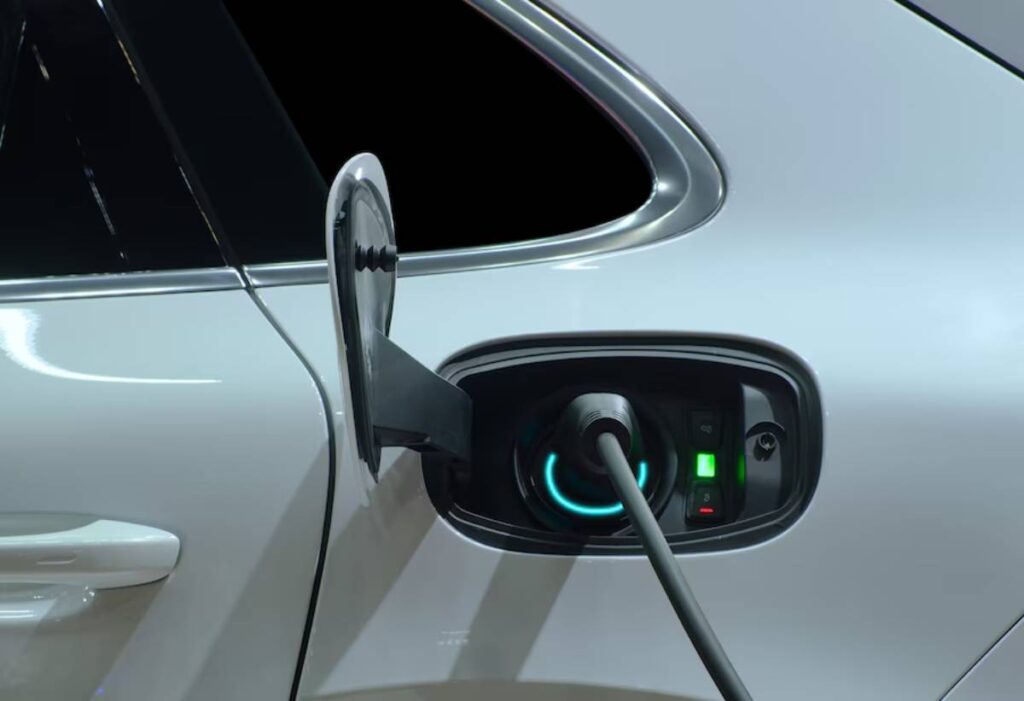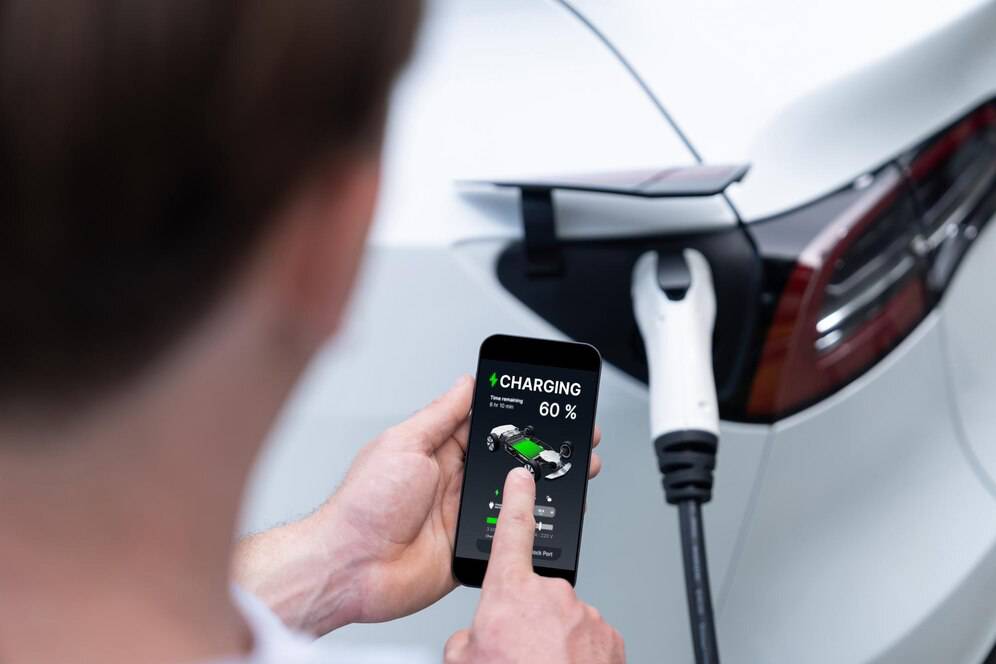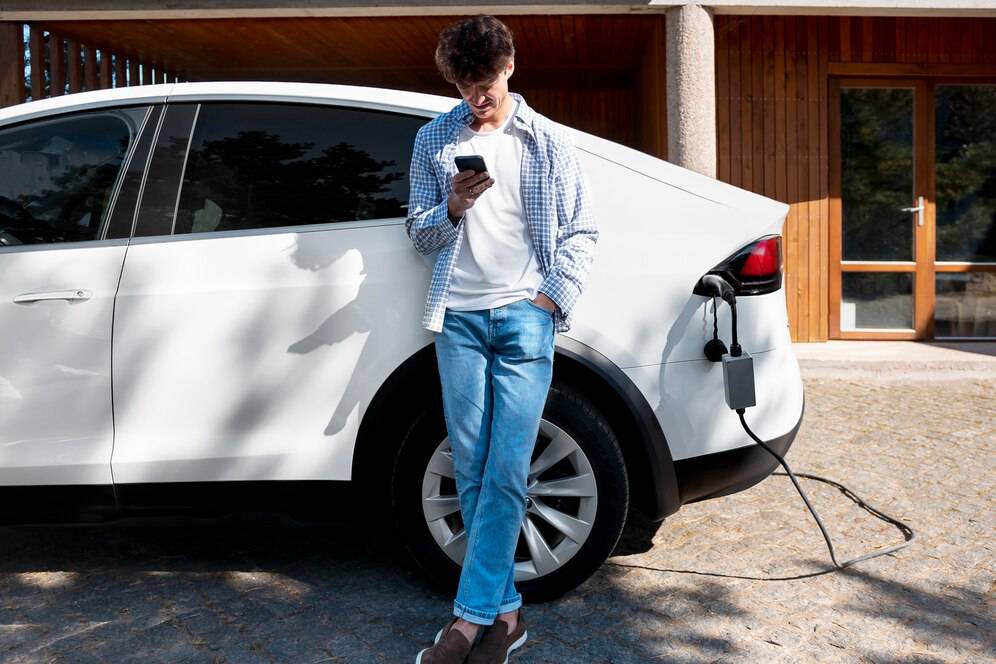The Automobiles & Vehicles Blog

Electric Car Depreciation: What Buyers Should Know
Buying an electric vehicle (EV) often feels like a smart move — environmentally friendly, tech-forward, and cheaper to run. But one big question tends to linger at the back of many buyers’ minds: How well will it hold its value?
The answer isn’t always simple. Electric car depreciation can be tricky to predict because the EV market is still evolving. Tech advances, battery longevity, and resale demand all influence the EV depreciation rate, making it an essential — but often misunderstood — part of ownership costs.
In this guide, we’ll break down what really happens to an EV’s value over time, how it compares to petrol and diesel vehicles, and what smart buyers can do to protect their investment. Whether you’re buying your first electric car or trading in your current model, understanding electric car value loss will help you make informed, confident decisions.
What Is Car Depreciation — and Why Does It Matter?
Depreciation is the drop in value that every vehicle experiences over time. It’s often the biggest cost of ownership, even more than fuel or maintenance.
Key Depreciation Facts:
- Most cars lose 15–35% of their value in the first year alone
- After three years, the typical car has lost ~50% of its value
- Depreciation slows after year five, but by then most cars are worth 30–40% of their original price
Understanding depreciation isn’t just for resale. It affects:
- Your total cost of ownership
- Lease and finance terms
- Insurance premiums
- Part-exchange or trade-in value
How Does EV Depreciation Compare to Petrol or Diesel Cars?
Early EVs Had It Rough
When electric cars first entered the mainstream, resale value wasn’t their strong suit. Factors like limited range, battery uncertainty, and lack of infrastructure made used EVs a tough sell.
But Times Have Changed
Thanks to better batteries, growing demand, and increasing fuel prices, EVs now fare much better.
Recent studies show:
- Newer EVs like the Tesla Model 3, Kia EV6, and Hyundai Ioniq 5 have depreciation rates that rival or beat ICE competitors.
- Some EVs retain 50–60% of their value after three years — especially popular models with good range and brand trust.
Petrol and Diesel Vehicles? Not So Lucky
As environmental policies tighten and fuel prices rise, many buyers are now moving away from ICE vehicles, increasing depreciation for petrol/diesel models.
What Affects an EV’s Depreciation Rate?
Just like traditional vehicles, several factors impact how quickly an electric car loses value.
1. Battery Health and Warranty
- Batteries are the heart of an EV, and buyers want confidence they’ll last.
- Most new EVs offer 8-year / 100,000-mile warranties, which supports long-term value.
- Well-maintained batteries with regular charging habits depreciate slower.
2. Brand and Model Reputation
Well-established brands with strong resale demand (like Tesla, Hyundai, and Kia) typically fare better.
Top performing models in 2024 resale value charts:
- Tesla Model 3
- Kia e-Niro
- VW ID.4
- Hyundai Ioniq 5
On the flip side, lesser-known models or those with short production runs often lose value faster.
3. Range and Charging Speed

More range = more value. Quick charging = less hassle for the next owner.
- EVs with 250+ miles of range hold value better than older 100–150 mile range models.
- Compatibility with rapid charging networks is a bonus.
4. Government Incentives and Policy Shifts
Incentives (like tax breaks or congestion charge exemptions) boost new EV demand, but their removal can affect used prices.
Example: London’s ULEZ expansion has increased demand — and prices — for used EVs.
Real-World Comparison: EV vs Petrol Depreciation Example
Let’s take a look at a three-year comparison:
| Vehicle | Original Price | Value After 3 Years | Depreciation (£) | Depreciation (%) |
| Tesla Model 3 | £42,000 | £26,000 | £16,000 | 38% |
| Kia e-Niro | £35,000 | £20,500 | £14,500 | 41% |
| VW Golf (Petrol) | £28,000 | £13,000 | £15,000 | 54% |
| Ford Focus (Diesel) | £27,000 | £11,500 | £15,500 | 57% |
Insight: While premium EVs can still depreciate quickly, mid-range electric vehicles are now often outperforming ICE cars in value retention.
How to Protect the Resale Value of Your EV
1. Choose Wisely at Purchase
- Opt for brands with strong reputations
- Consider battery range — aim for at least 250 miles
- Go for models with wide public charging compatibility
Avoid niche or poorly supported models — they may be harder to sell later.
2. Maintain Battery Health

- Use home charging where possible
- Stick to regular charging schedules
- Keep software up to date
- Avoid deep discharge cycles
Battery performance is one of the biggest concerns for used buyers — look after it, and your car will be worth more.
3. Keep It Clean and Serviced
EVs still need occasional check-ups:
- Tyres
- Brake pads
- Coolant levels
- Interior filters
A documented service history is key for resale value — especially in a market that’s still getting used to EV tech.
4. Don’t Hang On Too Long
Depreciation tends to slow after five years — but by then, battery range, tech features, and software may feel dated.
Consider selling or trading in after 3–5 years to get the best return before major model updates hit the market.
Where Can You Sell a Used EV in the UK?
The market for second-hand EVs is growing fast. Your options include:
- Auto Trader – Large audience, tailored EV filters
- Carwow / Motorway – Get offers from dealers
- Cazoo / Cinch – Fast, online-only sales
- Facebook Marketplace / Gumtree – Good for local sales, but be cautious
EV-specific buyers also exist — look for dealers specialising in electric cars. They understand the market and can offer better valuations.
Real-World Case Study: Priya’s Used EV Win
Priya bought a Hyundai Kona Electric in 2020 for £33,000. Three years and 27,000 miles later, she sold it privately for £21,500 — nearly 65% of the original price.
“I was honestly surprised,” she says. “The market had really picked up, and I even had multiple buyers offering to beat each other’s price. It felt like a totally different experience than when I tried to sell my old diesel car, which dropped like a stone.”
Her advice? “Look after the battery, list it at the right time, and don’t be afraid to go private. EVs are in demand — if you’ve taken care of yours, people will notice.”
The Future of EV Depreciation: A Brighter Outlook
Looking ahead, EV depreciation rates are expected to improve even further due to:
- Longer battery lifespans
- Broader charging infrastructure
- More buyers entering the used EV market
- Government push toward full electrification by 2035
More financial institutions are offering EV-specific leases and PCP plans, recognising that resale values are stabilising.
Depreciation Isn’t a Dealbreaker
Yes, depreciation matters. But when it comes to electric car value loss, the picture isn’t as gloomy as it used to be — far from it.
With smarter tech, growing consumer trust, and cleaner, longer-lasting batteries, EVs are holding their own — and in many cases, beating traditional cars on resale value.
By doing so, you’ll not only enjoy lower running costs — you’ll also protect your vehicle’s value, making your move to electric a financially savvy one as well.









